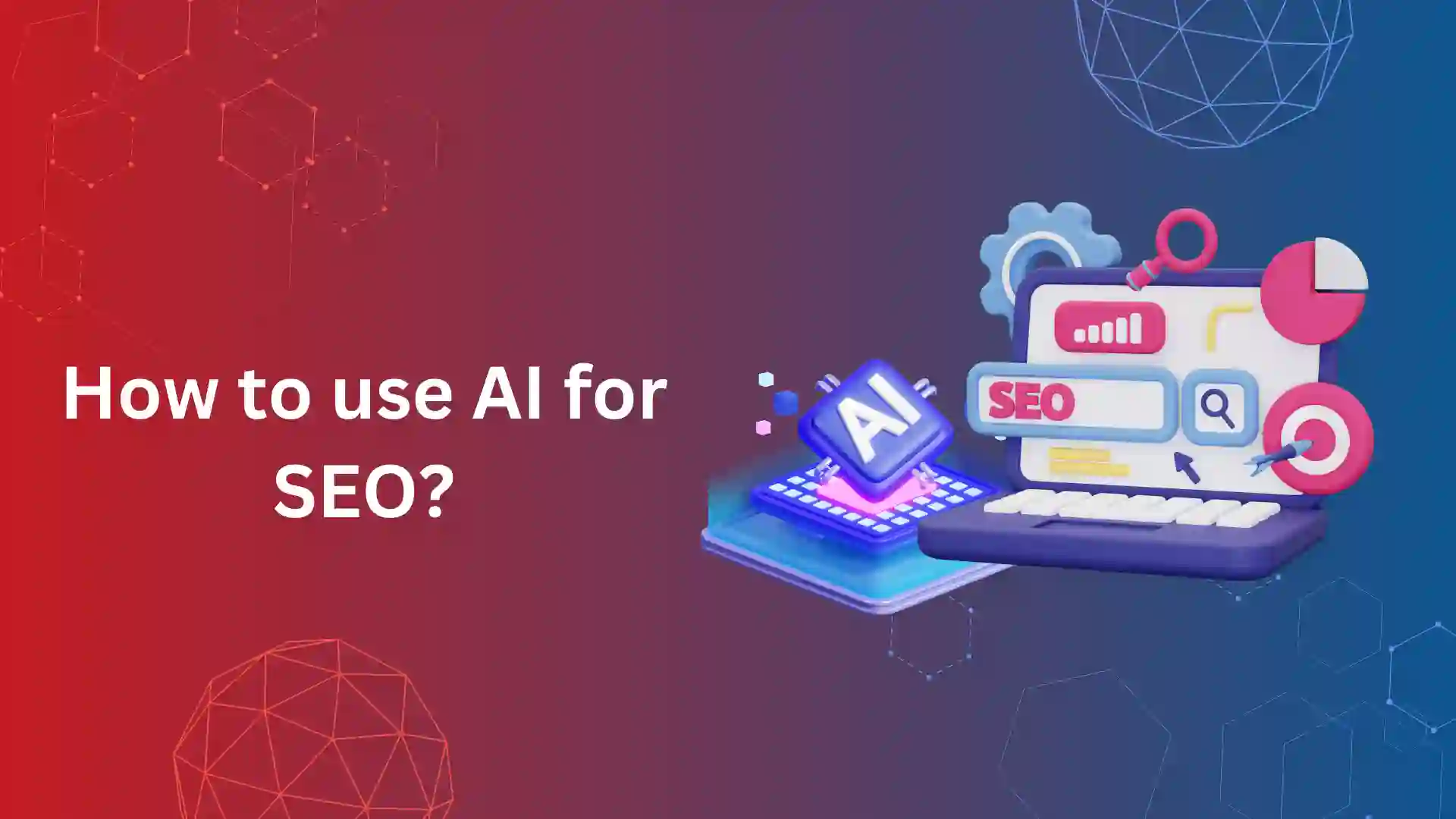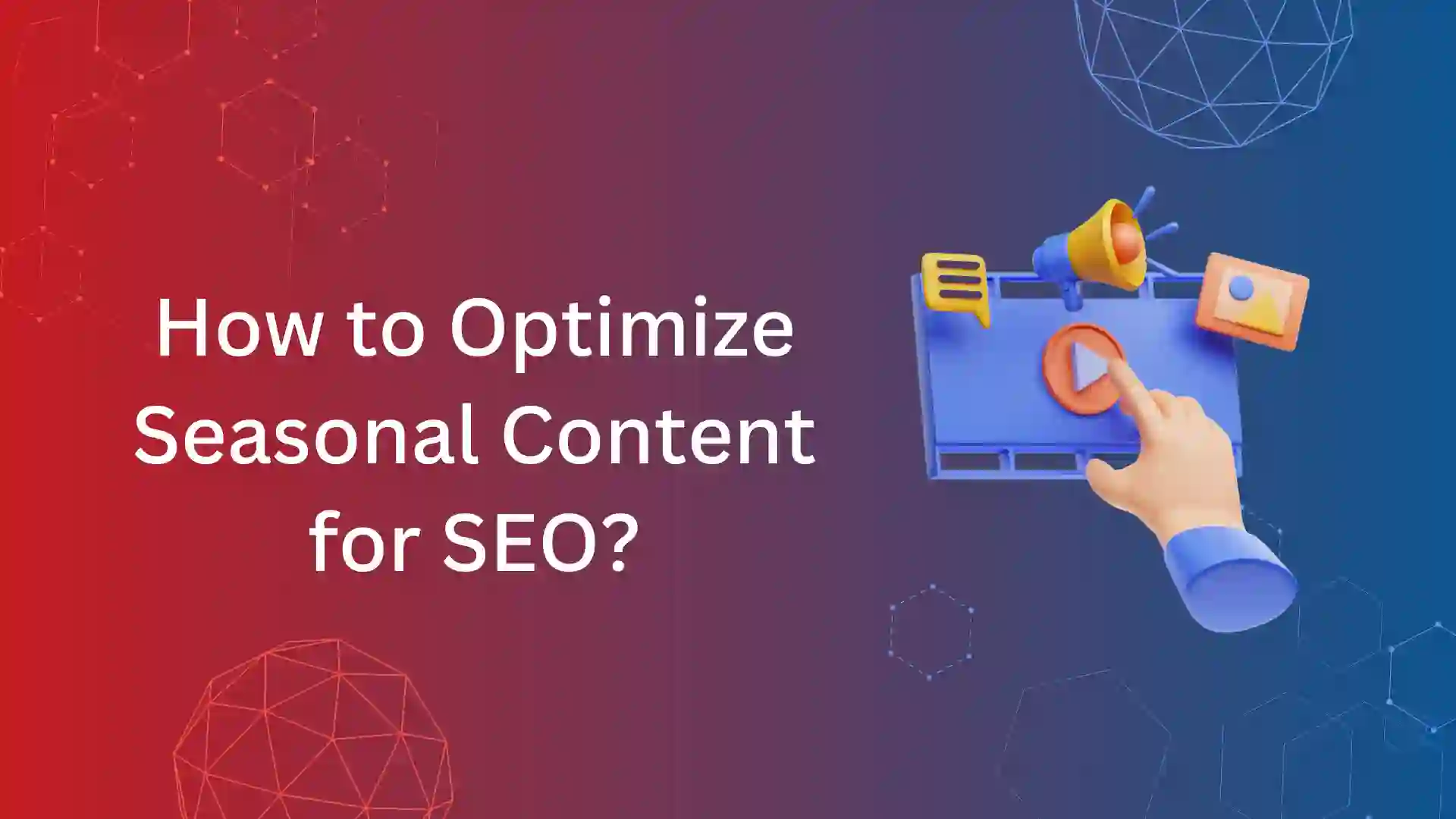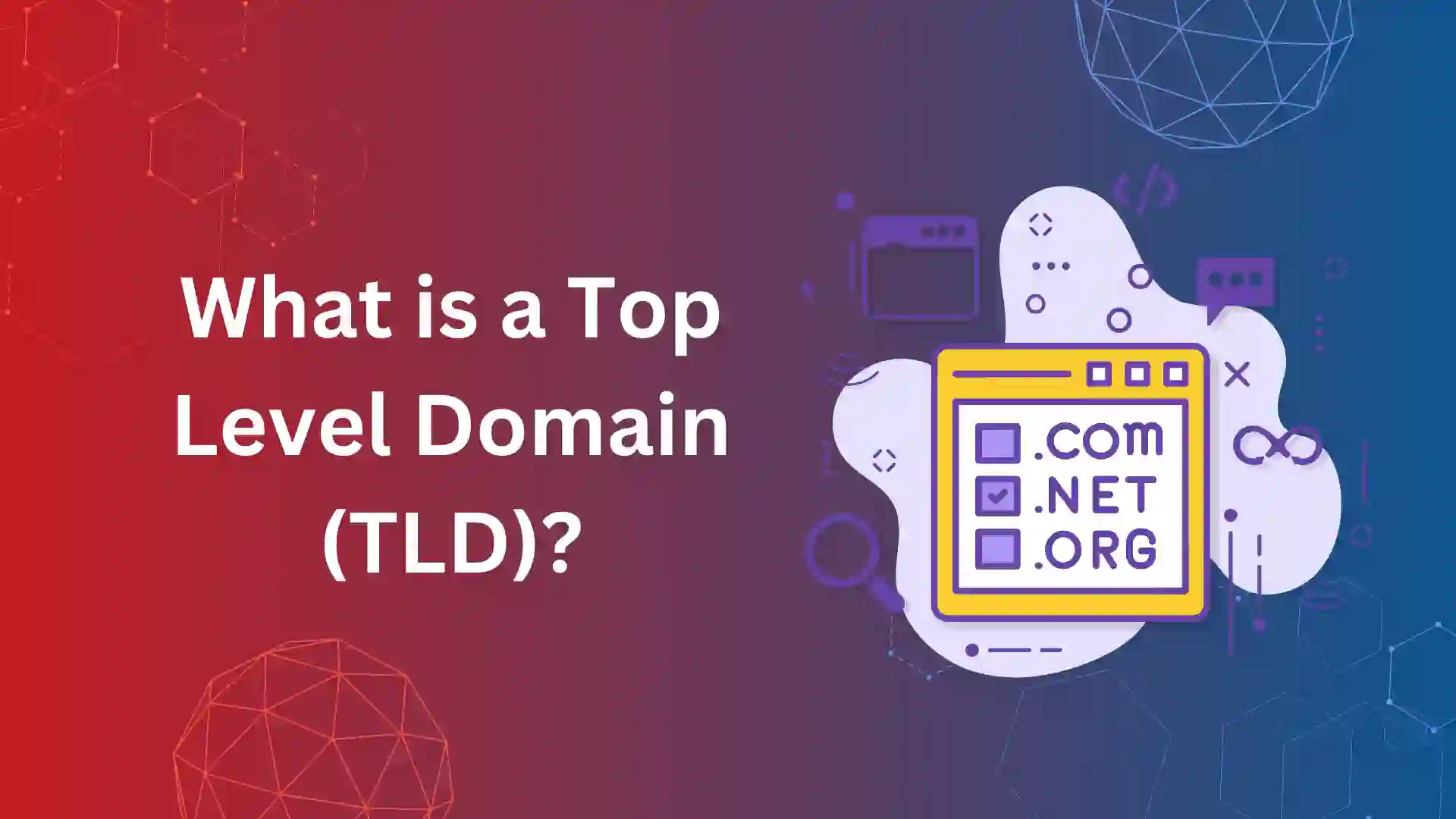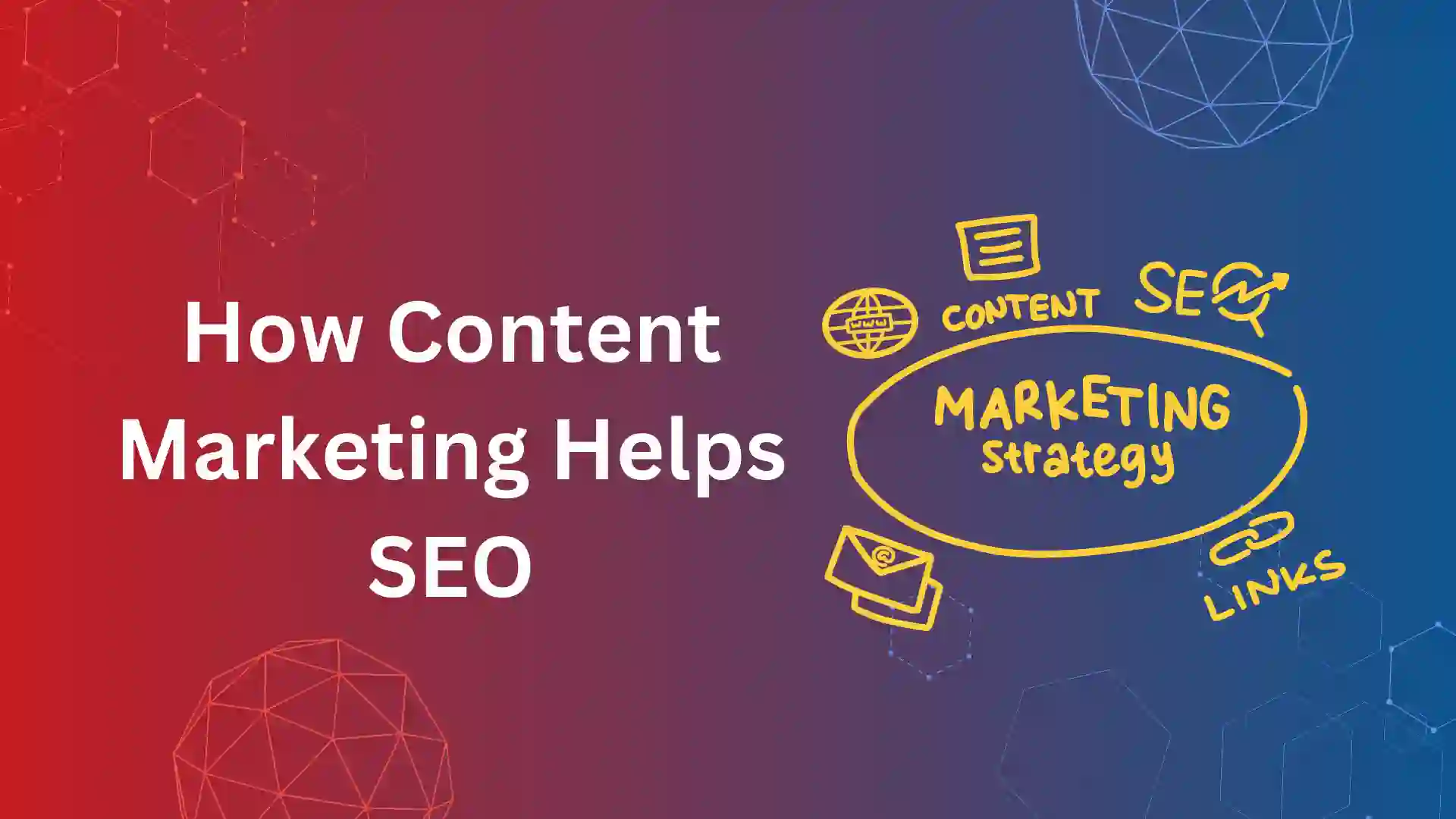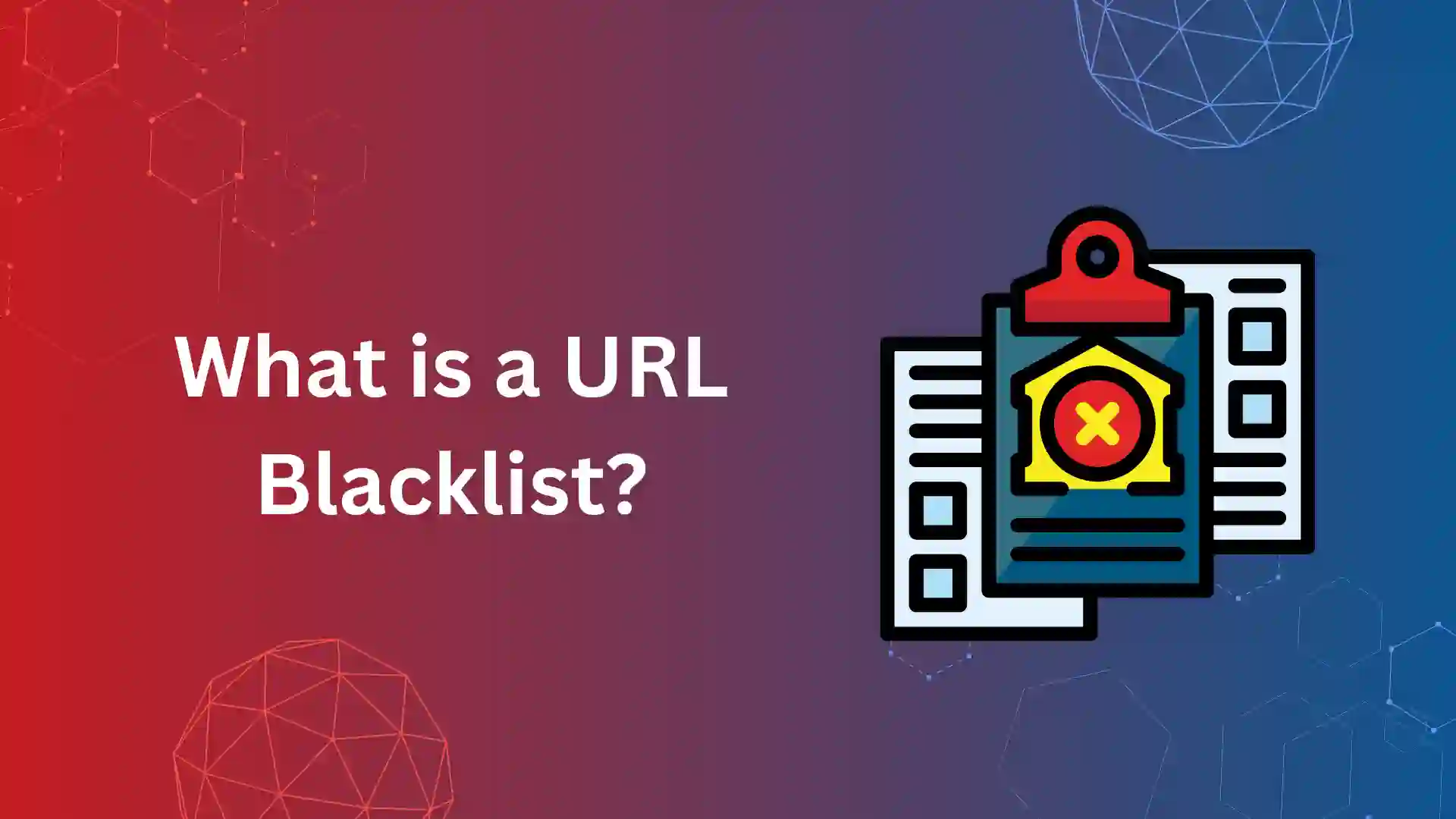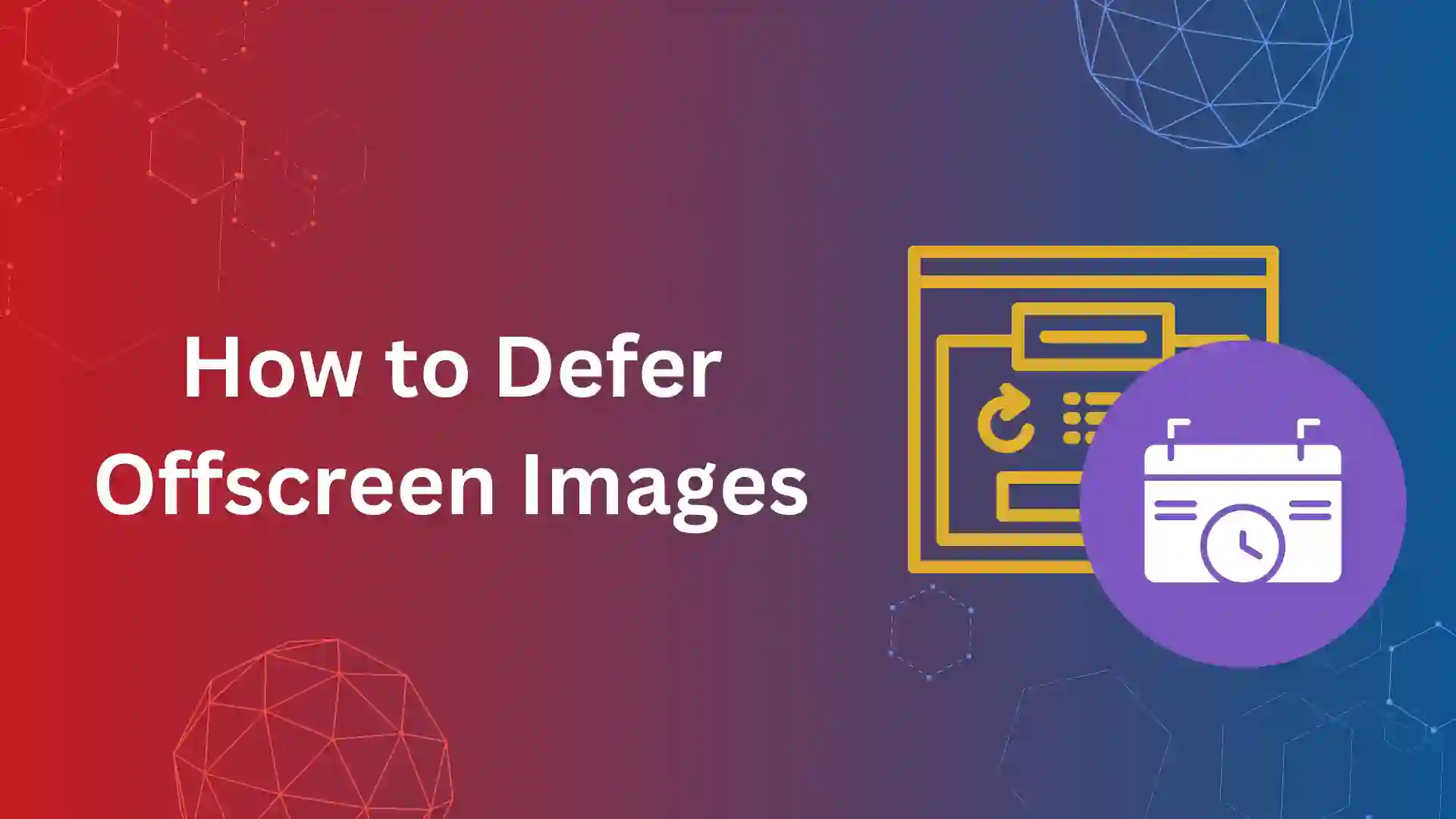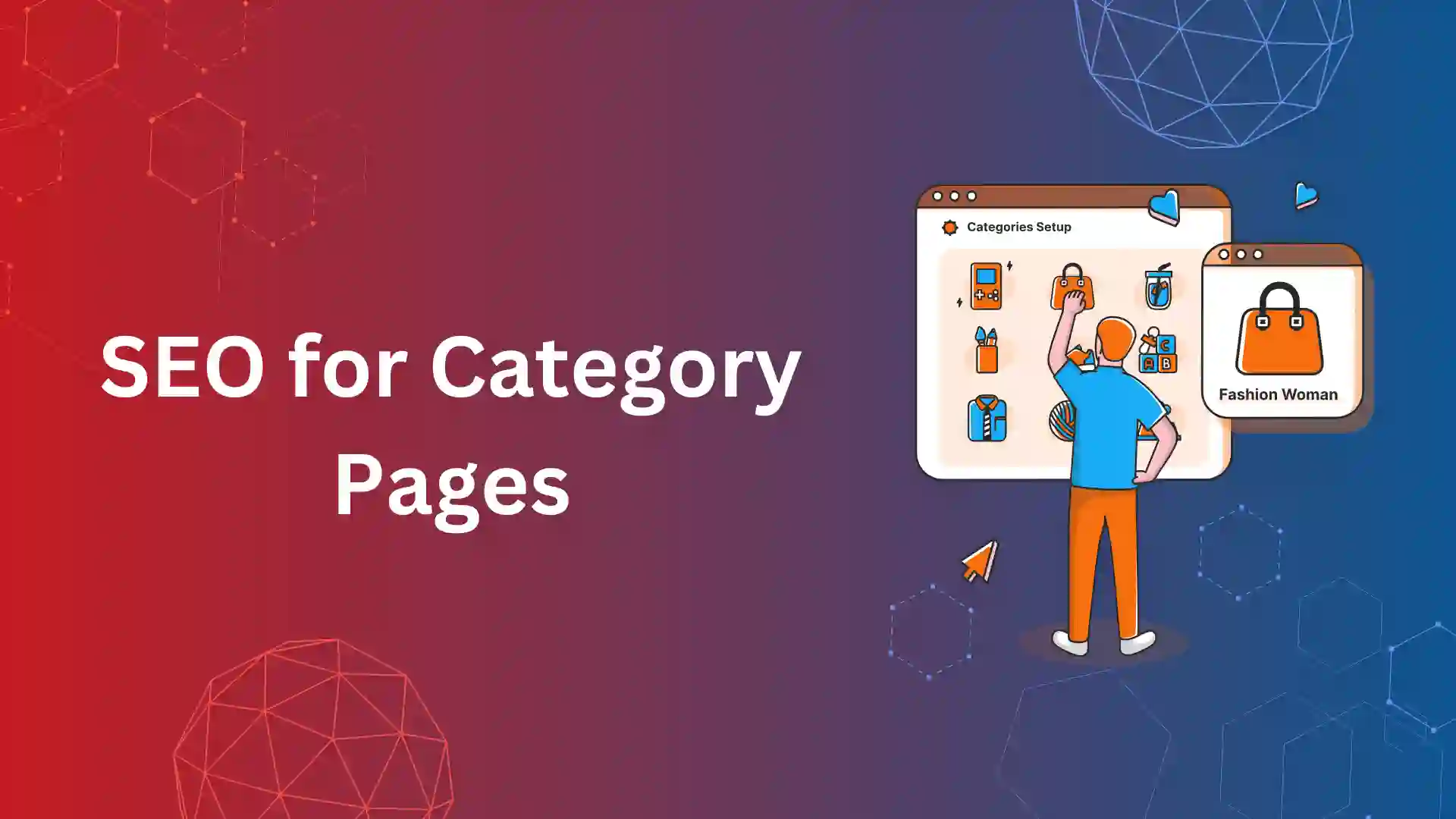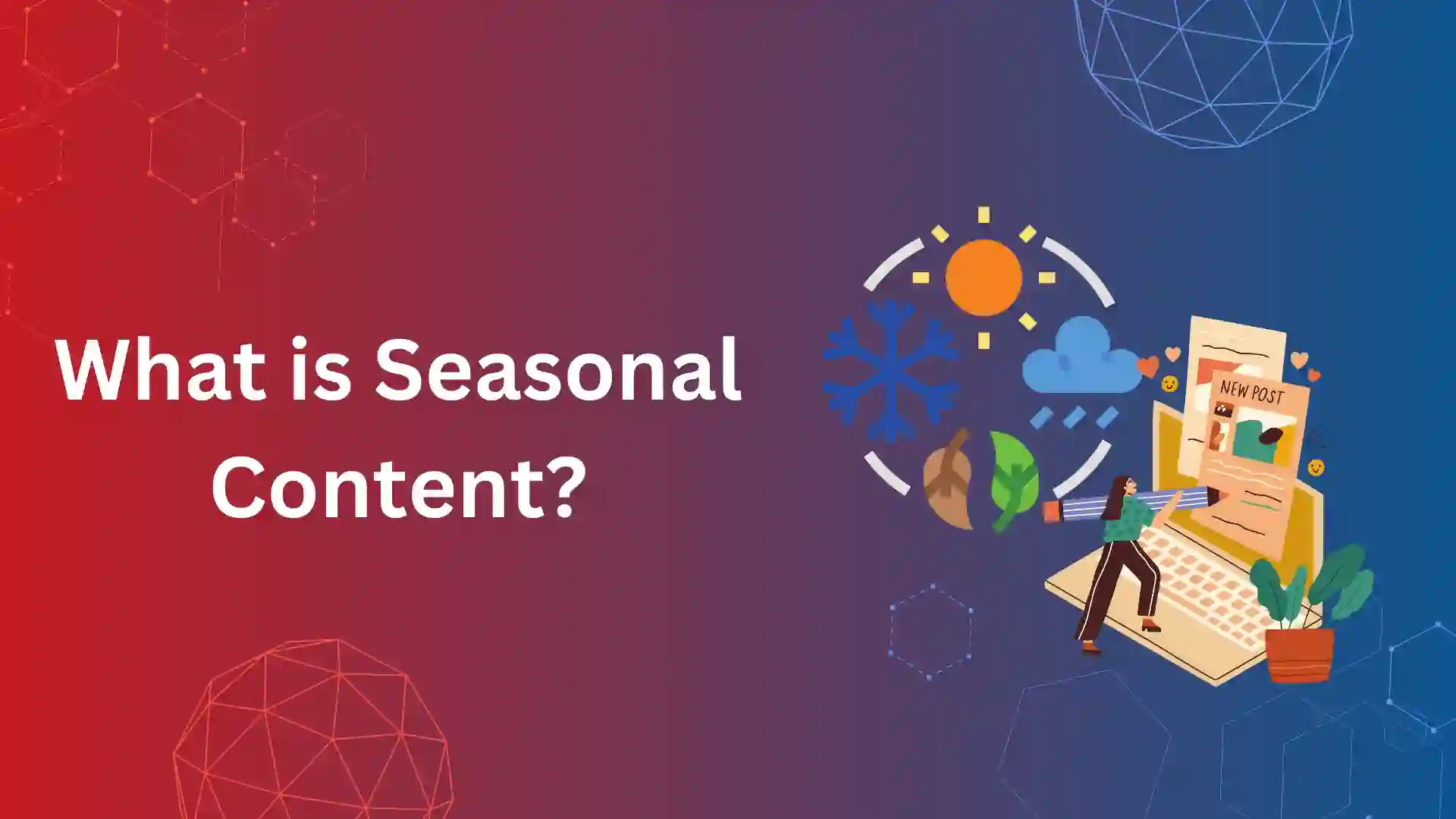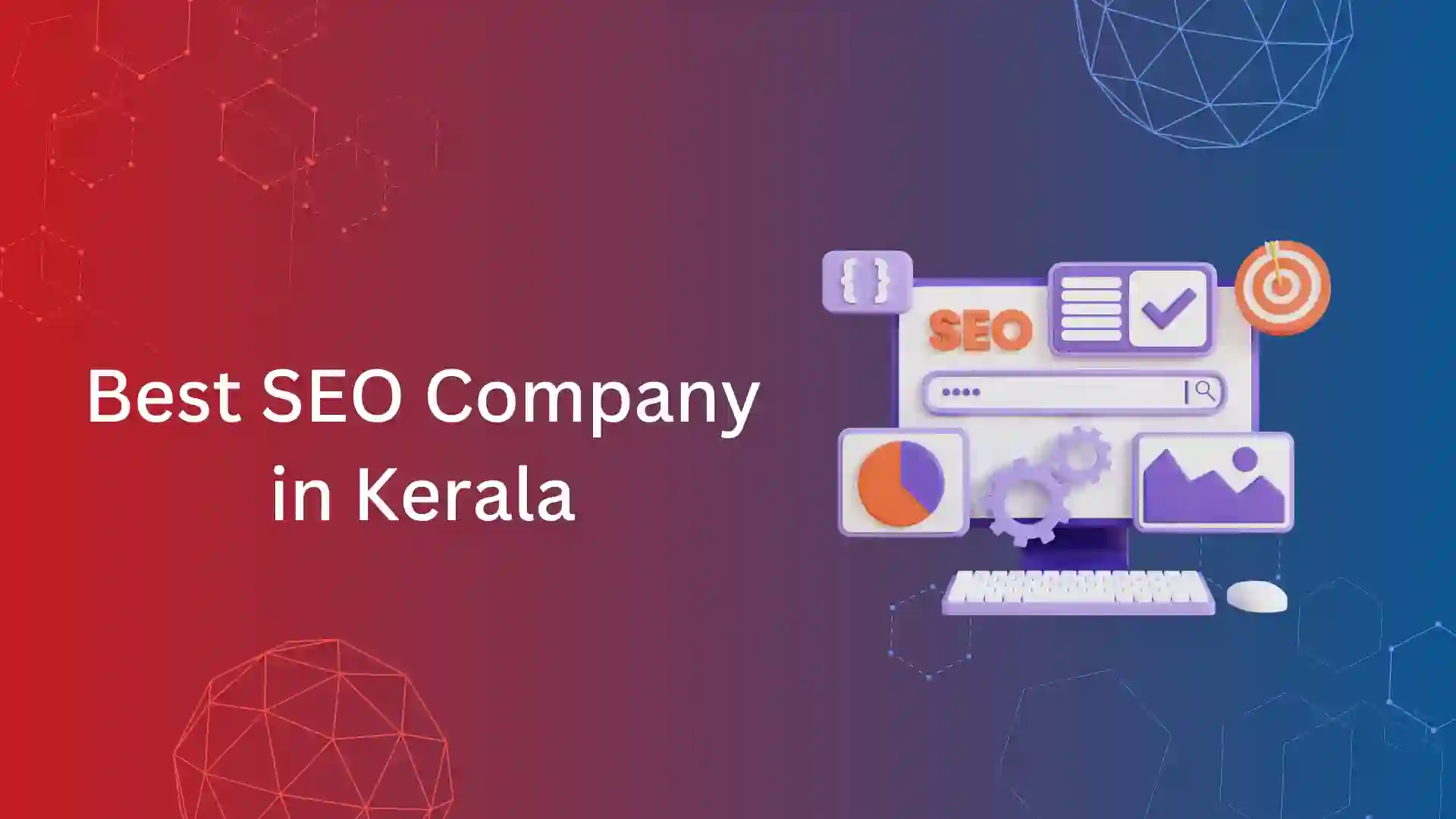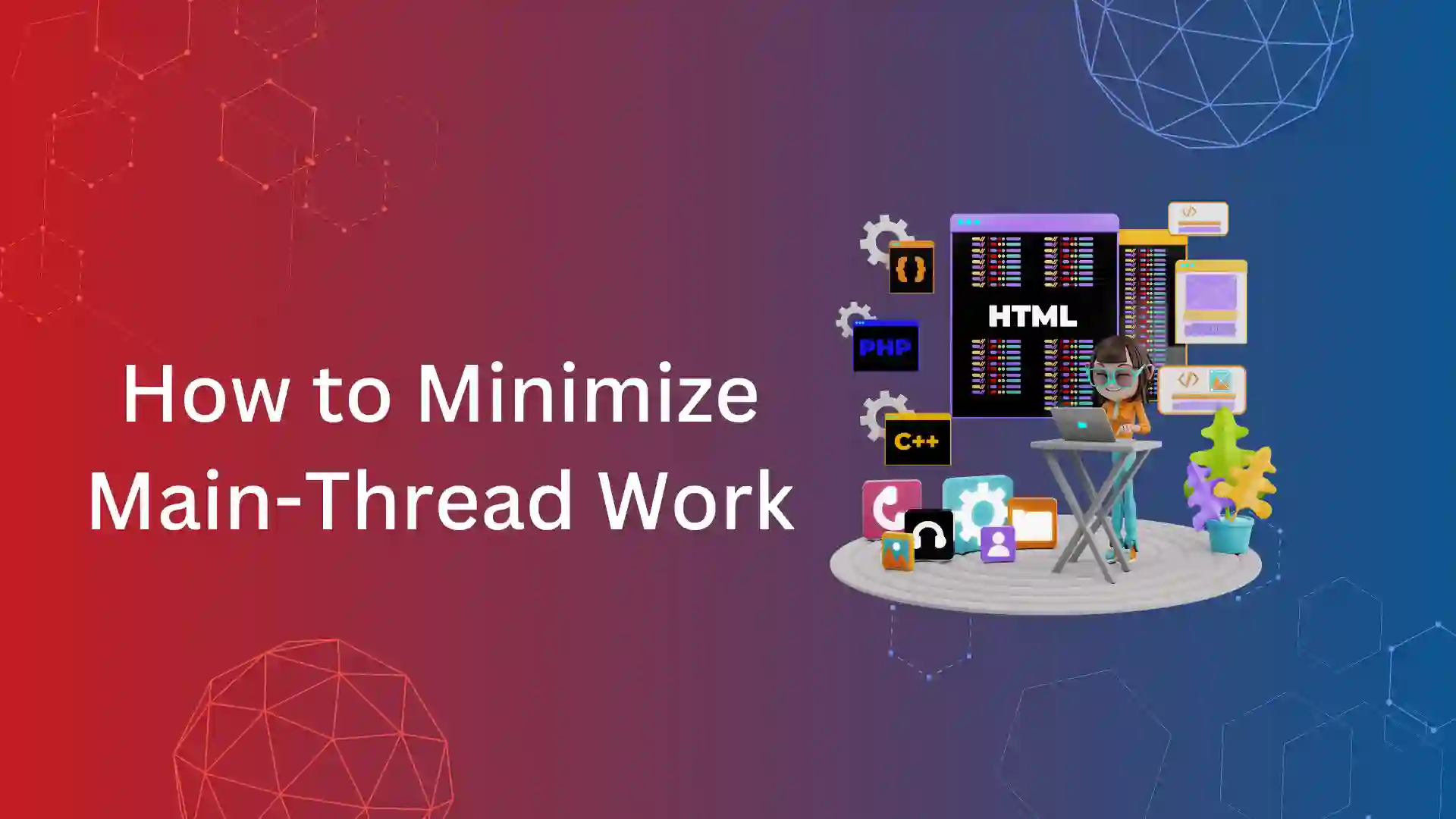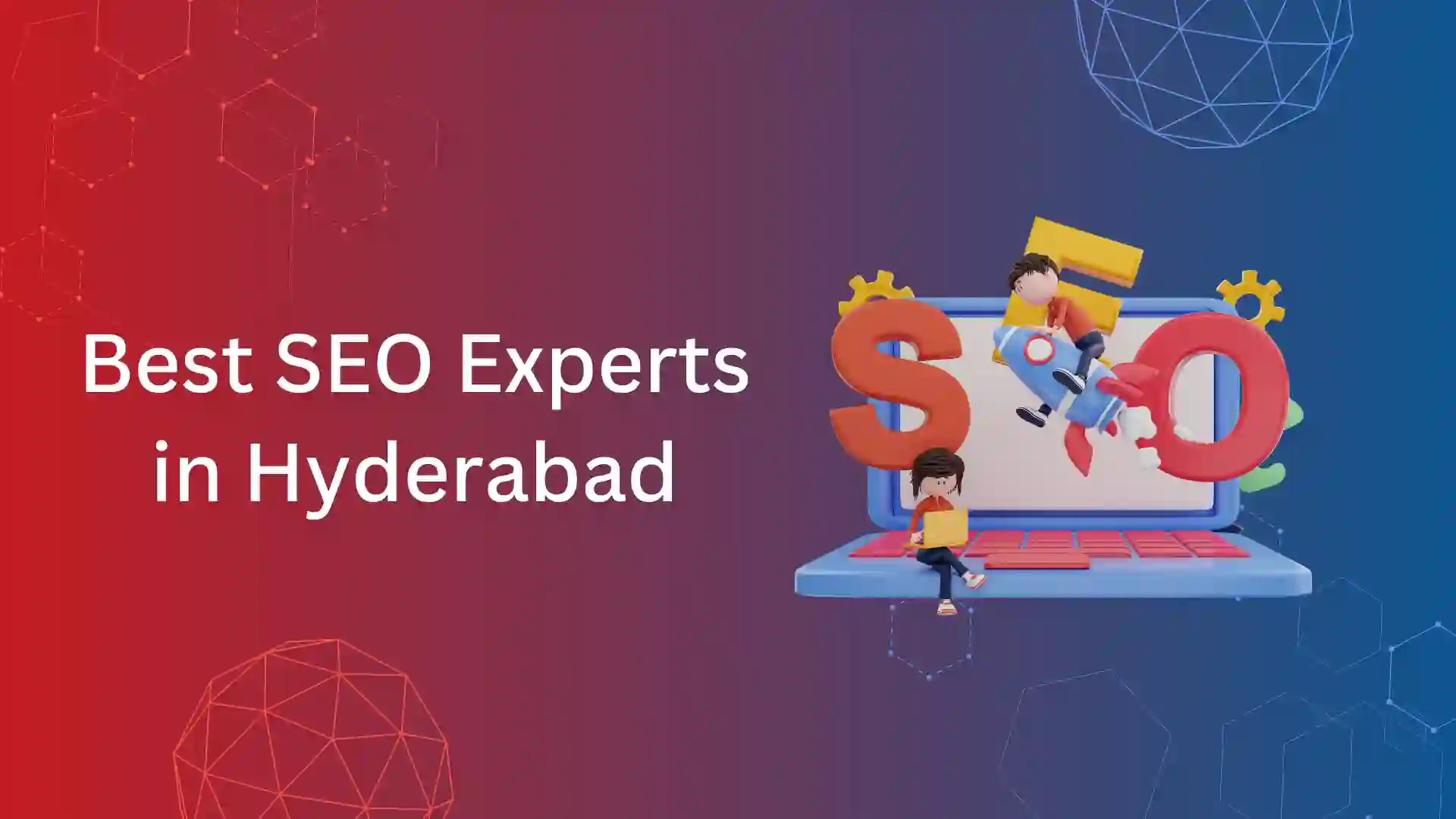In today’s extremely competitive digital space, Search Engine Optimization (SEO) is critically important for businesses hoping to succeed online.
However, traditional SEO strategies alone may no longer be enough to deliver the desired results.
Also, search engines continuously evolve their algorithms and user expectations frequently change, so the need for innovative strategies becomes essential.
Hence, utilizing Artificial Intelligence(AI) for SEO is no longer just a trend – it’s a necessity.
Because AI tools and algorithms have completely changed the way businesses approach SEO by offering unmatched insights and capabilities. It serves as the secret weapon to skyrocket search engine rankings and leave the competitors in the dust.
And Now, Are you curious about how to use AI to elevate your SEO Strategies to new heights ?
You have come to the right Place.
Look no further, In this article, let’s explore in-depth how AI can completely transform your SEO strategy from finding unexplored keywords to fine-tuning technical optimizations and predicting future trends.
Let’s get into the article,
The Growing Role of AI in SEO
Before uncovering “The growing role of AI in SEO”, first let’s understand “What is AI for SEO?”
- What is AI for SEO? – AI for SEO refers to using Artificial Intelligence (AI) technologies and algorithms in Search Engine Optimization (SEO) strategies to improve website visibility, and search rankings and drive organic traffic.
Now coming to “The growing role of AI in SEO”, highlights a significant change in the way businesses approach search engine optimization. AI technologies are increasingly becoming essential resources for SEO professionals.
Here are some key aspects demonstrating the growing impact of AI in SEO:
- Large-scale data processing and analysis are the strengths of AI Algorithms, which provide actionable insights about search patterns, user behavior, competitor strategies, and website performance metrics.
- AI tools utilize Machine Learning algorithms and Natural Language Processing (NLP) to analyze search intent, identify relevant keywords, and predict emerging trends.
- Through semantic and sentiment analysis, AI-driven content optimization tools offer suggestions to enhance the quality and relevance of website content.
- Based on historical data and user behavior patterns AI analytics tools predict future trends, SEO performance, and changes in search algorithms.
- AI algorithms provide search results based on search history, location, and user preferences. Thus businesses can deliver more relevant search experiences leading to higher click-through rates (CTR) and Conversions.
- By offering actionable insights and suggestions AI tools help in optimizing on-page elements such as titles, meta tags and headings.
Thus, “The rise of AI in SEO” represents an evolutionary shift towards smarter and more data-driven strategies.
But, It’s important to remember that the best result comes from combining AI’s data-driven insights with human creativity and Strategic thinking.
Actionable tips for using AI for SEO
The following are some actionable tips for using AI in different areas of SEO,
1.AI for Keyword Research
Using AI for Keyword Research can significantly improve the SEO strategy.
Here is the step-by-step guide on how to use AI for SEO:
- Consider keyword suggestions – Start by entering the seed keyword related to your niche in AI.
This will serve as the point of reference for AI to generate a list of relevant keyword suggestions.
- Find relevant keywords – AI helps to identify Long Tail keywords, question based queries and semantic keywords relevant to the target audience.
- Look at Search volume and competition – To increase the chances of ranking well in search results, concentrate on keywords with high search volume and low competition from AI.
- Consider Search Intent – Focus on the search intent behind each keyword suggestion and choose keywords that align with the intent of the target audience.
Al algorithms can categorize keywords as Informational, Navigational, Commercial, Transactional and Local Intent by analyzing the patterns of the search intent.
Thus by following these steps, you are able to find valuable keywords opportunities.
2.AI for Content Optimization
AI has the potential to be a very useful tool for content optimization.
Here is how to make use of it to achieve better results:
- Evaluate existing content – AI tool will analyze the pre-existing content and point out areas of improvement based on factors such as readability, relevance and SEO best practices.
- Get optimization suggestions – AI algorithms will provide suggestions like making improvements to titles, meta tags, headings and content structure to make necessary changes that align with the user intent.
- Optimize for keywords and semantics – Make use of AI SEO tools to identify relevant keywords and phrases and incorporate naturally into the content.
AI algorithms can also evaluate semantic relevance to make sure the content aligns with the search engine algorithms and search intent.
- Focus on Content Structuring – AI tools can analyze the content structure and suggest improvements to headings, subheadings, bullet points, and better use of white space which enhances the user experience.
- Boost Engagement and Readability – Make use of AI-powered writing assistants to assess the readability score of the content.
Also get suggestions to make improvements to grammar, sentence structure, and overall clarity to ensure the content is easy for the readers to understand and keeps them engaged.
- Create Content aligned with the search intent – Use AI tools to analyze top-ranking content of your target keyword and examine what topics they cover, how they structure their content, and what kind of user experience they provide.
Also make use of AI assistants to understand user intent behind different keywords to create content like informative blog posts to conversion-focused landing pages.
Hence, make use of data and suggestions from AI SEO tools and develop human-created content that meets Google’s E-E-A-T standards found in their Quality rater guidelines.
3.AI for Technical SEO
Technical SEO with AI can identify issues faster and enhance overall site performance.
The following steps demonstrate how to use AI for technical SEO:
- Perform Website Audits – AI algorithms can analyze large volumes of data quickly and perform automated website audits.
Also, make use of AI tools that can crawl the websites like search engines do, to identify technical issues such as crawl errors, broken links, and mobile-friendliness problems.
- Enhance the site’s architecture – AI tools can offer suggestions to improve the navigation and site’s structure for better crawlability and indexability.
Al algorithms can also analyze a site’s architecture and provide suggestions for improving URL structure, Internal Linking, and XML sitemaps.
- Implement Structured Data Markup – AI tools help to implement structured data markup that helps search engines to better understand the website content and display rich snippets.
- Prioritize technical issues – AI algorithms can prioritize technical issues based on how they affect search engine visibility and site performance.
It focuses on resolving critical issues first such as HTTP implementation, mobile friendliness, and site speed optimization to enhance overall site health.
- Track site performance – AI-powered analytics tools help to monitor site performance metrics such as load times, server response time, and user experience.
AI algorithms are able to identify performance problems such as code minification, caching, and image compression & offer suggestions for optimization.
Thus, use AI as a tool to improve efficiency in the workflow and obtain a deeper understanding of the technical health of the website.
4.AI for Link Building
By utilizing AI for Link Building can improve outreach efforts and identify relevant opportunities.
Here is how to use AI for Link Building:
- Identify Broken Link Opportunities – AI algorithms can identify potential broken link opportunities by analyzing backlink profiles of the competitors and authoritative websites in the particular niche.
You can then reach out to the respective website owner and suggest your high-quality content as a replacement, possibly gaining a valuable backlink.
- Analyzing the existing content – AI algorithms have the ability to evaluate the existing content’s quality, relevance and engagement & identify which segment of the content are most likely to attract back links.
The identified potential topics can also be repurposed into guest posts or infographics.
- Automation of Outreach – To speed up the link building process, automate outreach efforts with AI technologies.
AI systems can customize outreach emails, identify contact information and track responses, saving time and money compared to manual outreach.
- Competitive Analysis – Use AI to examine backlink profiles of the competitors to identify gaps and opportunities for improvement.
It also helps to identify areas where you can gain a competitive advantage by offering insights about the competitor link building strategies.
- Track the quality of backlinks – AI tools examine factors such as domain authority, relevancy and link velocity to make sure the backlink profile remains healthy.
It monitors the quality of the backlinks and identifies potential spam and low-quality links.
With these steps, focus on building genuine connections for long-term link building success.
5.AI for Voice Search Optimization
As Voice Search queries are rapidly increasing, it is mandatory to optimize for voice search using AI.
AI can help the content and SEO strategy to better align with the Natural Language Queries are used in voice searches.
The following steps highlight, how to use AI for Voice Search Optimization:
- Keyword Research – AI tools can identify long tail keywords with a natural language format, question type, and conversational phrases that are commonly used in voice search queries.
It analyzes natural language patterns and user behavior to provide insights into the types of queries users are likely to voice.
- Create Conversational Content – AI-powered tools can evaluate the content and suggest improvements for a more conversational and natural sounding tone to match the way users speak in voice searches.
It also helps to find conversation starter terms like “how to”, “best way to”, “what is” and “near me” and integrate them naturally into the content strategy.
- Optimize for Local Voice Search – Voice searches often have local intent. So make use of AI tools to analyze local search trends and identify opportunities to optimize your content for local SEO.
- Improve Website speed and Mobile-friendliness – Voice searches are often performed on mobile devices.
So ,utilize AI tools to analyze website performance and identify areas of improvement such as page speed optimization and mobile responsiveness.
- Simplify the creation of FAQs – AI tools help to create a dedicated Frequently Asked Questions (FAQs) section optimized with structured data markup.
This potentially increases the chances of appearing as a featured snippet in voice search results, providing users with a direct answer from the website.
With these steps, use insights from AI to optimize for voice search, but prioritize user intent and maintain a natural, conversational tone in the content strategy.
6.AI for Local SEO
For businesses to improve their visibility in local search results and attract more customers from their target geographic area, they need to utilize the help of AI.
Here is how to use AI for Local SEO:
- Research on Local keywords – AI-driven keyword research tools help to identify local keywords and phrases relevant to your business.
It also analyzes local search trends and provides insights about the type of queries users are using to find businesses in your area.
- Optimize Google My Business (GMB) Listing – To make your GMB listing more local search friendly, make use of AI tools.
These tools can evaluate your GMB profile and offer suggestions for optimizing your business information.
- Optimization of Local content – AI tools can analyze the existing content and suggest improvements to better target the local keywords and phrases.
It also offers insights about locally intended search queries such as “best [type of business] near me” or [service] in [city name] to create content that better resonates with these search queries.
- Local link Building – AI tools help to identify local link building opportunities such as local directories, local publications and industry associations.
It also analyzes backlink profiles and offers suggestions for building high-quality local links.
- Management of Local citations – Utilize AI tools to manage your business citations across various online directories and platforms.
These tools make sure that your business information is consistent and accurate across the web, which is important for Local SEO.
Thus by combining AI insights with your Local SEO Strategy, establish yourself as a trusted local business.
Case Studies for using AI for SEO
Case Study - 1
The following case study demonstrates how AI can be used to strengthen Local SEO for a Physical Therapy clinic:
Company Name:
Physical Therapy
Challenges:
- It offers excellent physiotherapy services but finds it difficult to attract new patients.
- They failed to target user intent and relevant geographical keywords.
- Their website content lacked a Local SEO focus.
Solutions:
1. Local Keyword Research – AI tools help to identify Local Keywords with Local Intent.
(e.g) “sports injury rehab near me” or physical therapist in [neighborhood name]
2. GMB Optimization – An AI SEO tool suggests improvements in optimizing profile description, and incorporation of relevant Local keywords & service offerings in their GMB Listing.
3. Localized Content Marketing – AI tools help to optimize blog posts on common sports injuries, recovery tips, and the benefits of physical therapy with local keywords and targeting specific neighborhoods they serve.
4. Analysis of Patient review – The AI tool monitors online reviews understands patient feedback and points out areas where the clinic needs to improve.
Results:
Within a few months,
1. GMB optimization and Local keyword targeting significantly boosted website traffic from local searches.
2. By addressing the local pain points through content and optimizing their online presence, it received more inquiries from potential patients.
3. Utilizing the insights from online review analysis addressed patient concerns and enhanced their overall clinic experience, leading to better patient retention.
Case Study - 2 :
AI can be a useful tool in an SEO strategy as demonstrated by the following case study:
Company Name:
Online retailer selling eco-friendly home products
Challenges:
- They struggled to identify high-performing keywords.
- Although informative, their content lacked depth and failed to capture vital user intent.
- They found it difficult to analyze large volumes of data to make informed decisions about SEO Strategy.
- They had trouble enhancing user experience and website performance
Solutions:
1. Keyword Research – AI tools suggest relevant high-potential keywords for optimization and provide a deeper understanding of what their audience is actively searching for.
2. Content Optimization – AI tools provide suggestions for optimizing content for relevant keywords, ensuring proper content structure, and incorporating semantic keywords to improve search relevance.
3. Technical SEO Optimization – AI tools conduct an audit of the website’s technical SEO elements including site speed, mobile responsiveness, and crawlability and prioritize technical issues based on their impact on search engine visibility.
Results:
Within a few months,
1. Organic traffic grew by 30% by targeting the right keywords and creating content that resonated with the user intent.
2. By addressing user search intent, it saw a rise in user engagement metrics such as time spent on site and bounce rate reduction.
3. Resolving technical issues leads to enhanced user experience and engagement.
4. Greater efficiency and scalability in SEO efforts.
The future of AI in SEO
The use of AI in SEO has a bright future ahead of it that will completely change how companies approach search engine optimization.
AI in SEO has the potential to drastically change how companies interact with their audience and maximize their online presence.
The following are some significant aspects of AI’s future in SEO:
- As AI algorithms continue to evolve, their analytics tools will provide deeper insights into user behavior, search patterns, and content performance which empower businesses to make more informed decisions.
- As voice search is rapidly growing, AI will be critically important in optimizing for it. AI-driven Natural Language Processing (NLP) will help to optimize content for conversational queries and voice search patterns more effectively.
- AI-powered visual search features will become more prominent, allowing users to search for products, images, and information by utilizing visual hints.
- AI will keep improving and automating different SEO tasks such as link building, technical SEO audits, content optimization, and keyword research.
- AI-powered SEO tools will become more user-friendly and accessible which empower businesses of all sizes to compete in the ever-evolving search landscape.
Conclusion:
In conclusion, From advanced keyword research to predictive analytics about the anticipated search engine algorithm changes, AI is reshaping the way we approach SEO.
With AI by our side, we can overcome traditional boundaries, make use of data-driven insights and predictions to propel our online presence to new heights.
But remember AI is a tool and it can’t replace human creativity and strategic thinking. It will become most effective when used with human expertise.
So, The future of SEO is here, and it is powered by the combination of Artificial Intelligence (AI) with human creativity.
Frequently Asked Questions:
SEMrush, Moz, Ahrefs, Surfer SEO, Market Muse, Clear Scope and Bright Edge are some AI tools for SEO.
For tasks like competitor analysis, content optimization, keyword research, and predictive analytics these tools make use of AI algorithms.
AI-Powered content creation tools are able to generate relevant, high-quality content based on specified topics or keywords.
These tools use Natural Language Processing (NLP) to create content that is human-like and understand context.
Yes. The audience data and behavior can be analyzed by AI-powered tools to build detailed customer profiles, Predict user preferences and Identify trends.
With the use of this information, the SEO strategy can be better designed to resonate with the target audience.

